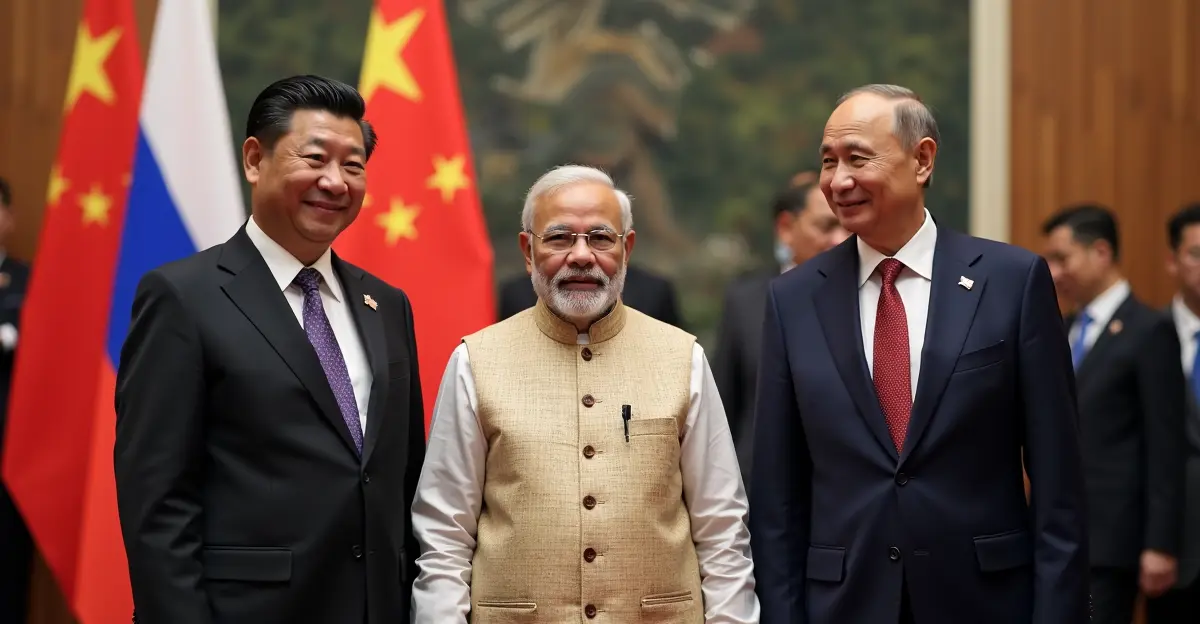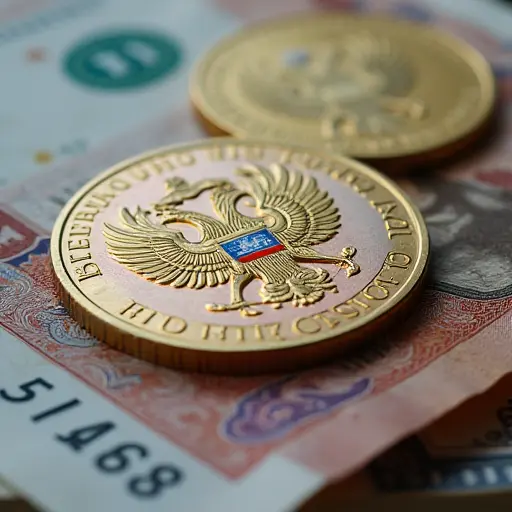
Eurasian Leaders Converge in Tianjin for SCO Summit
The Chinese port city of Tianjin hosted a significant gathering of Eurasian leaders today as the Shanghai Cooperation Organisation (SCO) security summit commenced. While leaders from across the region attended, the spotlight focused on the trilateral dynamics between Chinese President Xi Jinping, Indian Prime Minister Narendra Modi, and Russian President Vladimir Putin.
Thawing India-China Relations
Prime Minister Modi's visit to China marks his first since 2018, signaling a potential reset in bilateral relations that had been severely strained since the 2020 border conflict that resulted in casualties among Indian military personnel. The years following saw India impose numerous sanctions against China, including bans on Chinese apps, stricter investment requirements, and suspension of direct flights.
Recent months have witnessed a gradual thaw, with many punitive measures being reversed or relaxed. Following their meeting, both nations announced a series of new agreements, though specific details remain undisclosed. Chinese state media enthusiastically reported on the relationship "reset."
Strategic Balancing Act
Analysts suggest Modi's presence at the SCO summit reflects India's complex relationship with the United States. The meeting comes shortly after President Trump imposed 50% tariffs on Indian goods, with Washington expressing dissatisfaction over India's continued purchase of Russian oil. This diplomatic maneuver appears designed to counterbalance the unstable relationship with the US.
India has traditionally maintained a multipolar foreign policy, participating in various alliances including BRICS, SCO, and the QUAD—a military cooperation framework with Japan, Australia, and the US specifically designed to counter Chinese dominance in the region.
Russia's Economic Dependence
President Putin's engagement with China demonstrates Russia's increasing economic reliance on its eastern neighbor. The Russian leader emphasized continued cooperation between the two nations in a featured interview in China Daily, stating their commitment to ensuring prosperity for both great nations.
Putin remains in China through Wednesday to attend military commemorations marking 80 years since the end of World War II in Asia. The visit follows Xi's attendance at Moscow's military parade in May, reinforcing the visual narrative of Russia's international acceptance despite Western isolation efforts.
Geopolitical Implications
The Tianjin summit represents more than bilateral diplomacy—it symbolizes the emergence of alternative power centers challenging US global dominance. For China, the event provides a platform to position itself as the center of an alternative world order where American influence is no longer paramount.
Economic considerations loom large, with Russia seeking increased Chinese purchases of oil and gas amid economic stagnation, while discussions about new pipeline infrastructure remain high on the agenda alongside ongoing Ukraine concerns.

 Nederlands
Nederlands English
English Français
Français Deutsch
Deutsch Español
Español Português
Português








